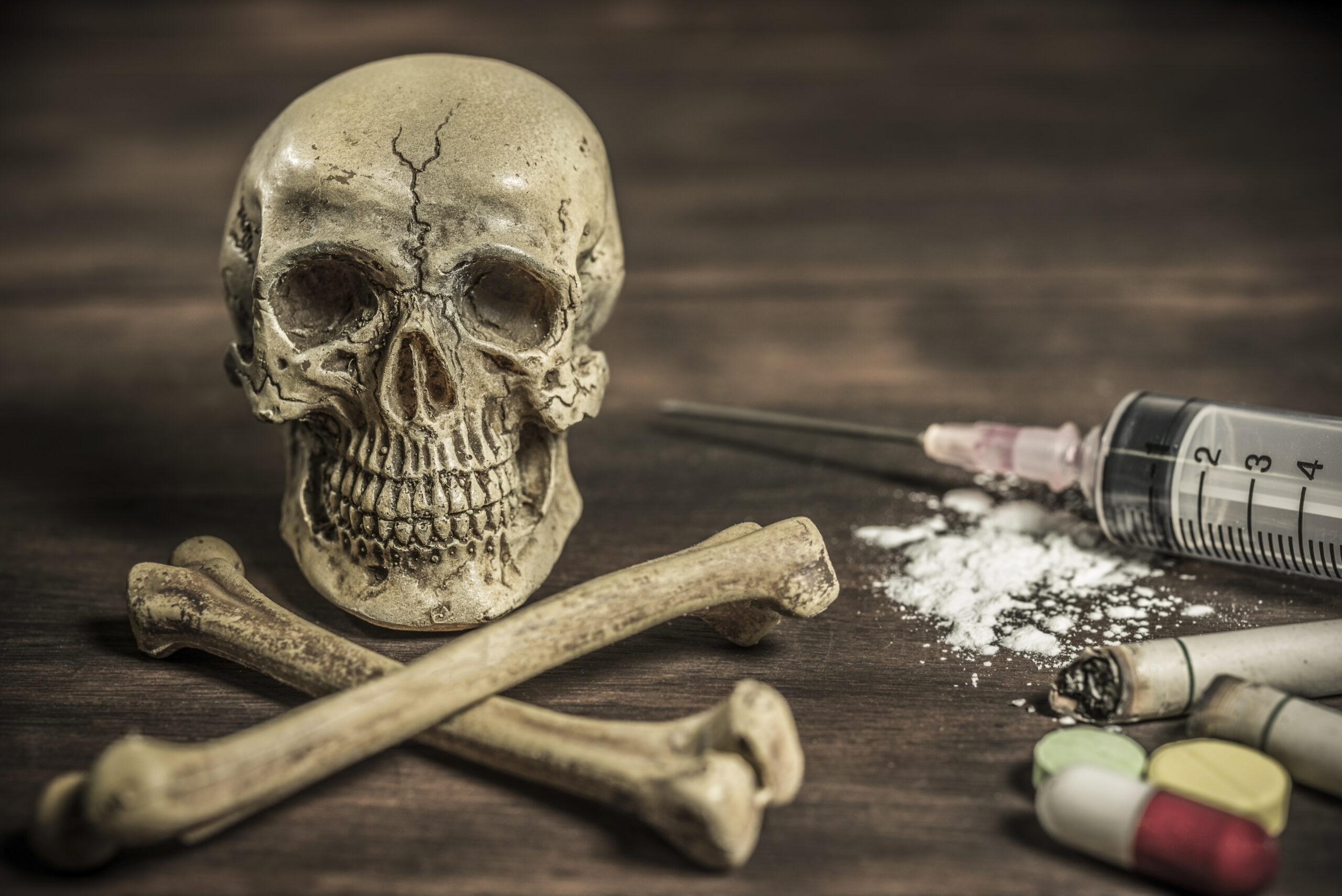Our dedication lies not just in treating symptoms but in addressing the root causes, offering a holistic approach that integrates the best of therapeutic practices with the warmth of community support.
The Slippery Slope of Polysubstance Abuse

We live in a world where substance abuse has become an increasingly prevalent issue. However, not all addictions are confined to a single substance. Polysubstance abuse, or polysubstance dependence, refers to the harmful pattern of using multiple (i.e., more than three) substances simultaneously and indiscriminately. Nearly half of the drug overdose deaths in the United States recorded in 2019 were attributed to the use of multiple drugs in the system at once. Given these alarming statistics, it’s essential to understand how polysubstance abuse begins and what forms it can take.
Motivations for Polysubstance Abuse
Individuals often use multiple substances to either enhance or decrease the substance’s effects on the brain and the body. Polysubstance abuse is a unique form of dependency. Polysubstance users tend to seek out the best synergy between their drugs of choice; this helps amplify the overall effect of each individual drug or substance to create the “perfect” high. While many individuals suffering from addiction find themselves craving one specific substance and a specific type of intoxication, polysubstance users are typically happy to get their hands on anything that they can experiment with or may seek a specific combination of substances.
Escalating to Harder Substances
As polysubstance use progresses, the substances involved can become increasingly dangerous. One such deadly combination is cocaine and alcohol. Using these substances simultaneously produces a synergistic effect that intensifies their risks. Alcohol, a depressant, can mask the immediate adverse effects of cocaine, a stimulant.
This means when people mix cocaine with alcohol, they try to lessen the harmful effects of cocaine by adding alcohol, that can then make them feel more relaxed. Alcohol can also reduce the anxiety caused by cocaine and make it easier to deal with the after-effects of using cocaine, which can make people feel down or low. However, alcohol has the potential to intensify cravings for cocaine, setting off a dangerous cycle of simultaneous misuse of both substances.
This dangerous mix leads to the production of a byproduct called cocaethylene in the liver. Cocaethylene intensifies the experience of using cocaine and alcohol and it also amplifies their negative effects. So, prolonged use of this combination can accumulate toxic levels of cocaethylene in the body.
All this can cause significant strain on vital systems like the cardiovascular system and the liver. The stress can lead to increased blood pressure, difficulty breathing, elevated body temperature, dehydration, and, in extreme cases, sudden death.
The Downward Spiral: Prescription Medications and Illicit Drugs
Polysubstance abuse can also involve prescription medications. Shockingly, each year, approximately 16.3 million individuals engage in the misuse of prescription medications.
What’s worse, out of the American population aged 12 and above, around 52 million individuals have intentionally misused prescription drugs at least once in their lifetime. This treacherous path can lead to devastating consequences, including overdose, organ damage, or addiction to multiple substances.
Breaking the Cycle with Encore Outpatient Services
Polysubstance abuse is a complex issue that requires comprehensive and tailored treatment. Overcoming this dangerous pattern of addiction often involves addressing underlying psychological factors, seeking professional help, and building a robust support network. Luckily, amidst this challenging journey, there is hope and support available. At Encore Outpatient Services, our compassionate and comprehensive approach is a guiding light for those suffering from polysubstance use.
With Encore’s professional team, there is no judgment, only understanding and dedicated commitment to helping you or your loved ones find their way to lasting recovery. Encore Outpatient Services paves the way to a brighter future for anyone caught in the grip of polysubstance abuse by fostering resilience and providing a safe haven. Don’t hesitate to take the crucial step of contacting us today at 703-436-8158. Equipped with an array of treatment options, we can’t wait to help you!
Let Us Support You On Your Recovery Journey!
Copyright 2026 Encore Outpatient Services | All Rights Reserved



